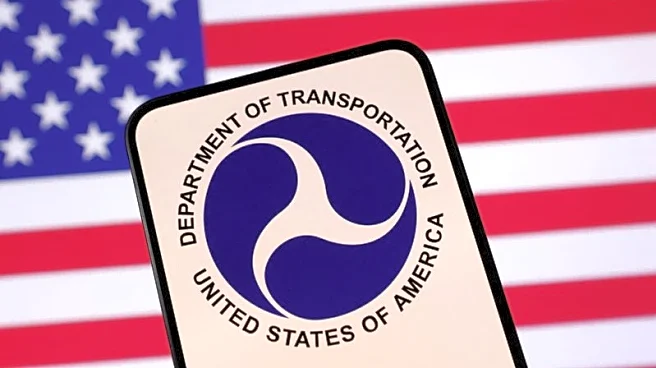Rapid Read • 7 min read
The cocoa industry is facing high prices due to production challenges in Ghana and Côte d'Ivoire, which account for 60% of global cocoa supply. Issues such as ageing trees, adverse weather, and crop pests have impaired yields. As a result, manufacturers are seeking alternative sourcing regions. Cameroon and Nigeria are potential areas for increased cocoa production, offering advantages like higher spot prices for farmers. However, expansion in Cameroon has led to deforestation concerns. Latin American countries like Peru, Ecuador, and Brazil are also being considered for future cocoa supply, despite challenges like witches' broom disease.
AD
The shift in cocoa sourcing regions could have significant implications for global supply chains and pricing. As manufacturers explore new areas, they must navigate environmental regulations and sustainability concerns, particularly regarding deforestation. The potential increase in cocoa production in Latin America and Central Africa could diversify supply sources, reducing dependency on West African countries. This diversification may stabilize cocoa prices and ensure long-term availability, benefiting both producers and consumers.
Manufacturers and sustainability advisors will likely continue to explore new cocoa growing regions, balancing cost pressures with environmental considerations. Efforts to develop disease-resistant plant materials in Latin America may enhance production capabilities. Stakeholders, including governments and environmental organizations, will need to address deforestation risks and ensure compliance with regulations like the EUDR. The industry may see increased collaboration to promote sustainable cocoa farming practices and mitigate ecological impacts.
The exploration of new cocoa sourcing regions highlights broader challenges in agricultural sustainability and global trade. It raises questions about the ethical implications of expanding production into ecologically sensitive areas. The situation may drive innovation in sustainable farming techniques and foster international cooperation to address environmental concerns. Long-term shifts in cocoa production could influence global trade dynamics and impact the livelihoods of farmers in traditional and emerging cocoa regions.
AD
More Stories You Might Enjoy











